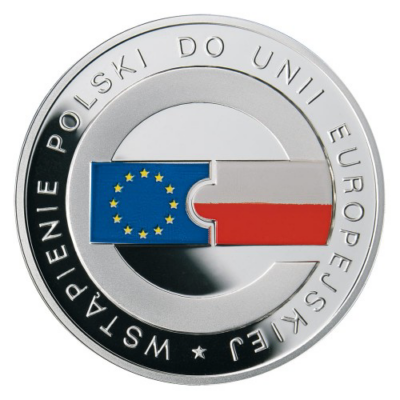
The Economist recently published an article on the overarching power of the European Council, a government body of the European Union that was designed to facilitate the discussion and application of policies throughout the EU. The problem that has always persisted in the European Union is how you can get consensus between so many differing ideas, cultures and interest groups that can be applied fairly and transparently throughout all 27 Member States. Part of the solution has been to reduce the number of voices in the process as not to make it so incredibly cumbersome, but many see this as a move towards systemically reducing democratic values in the process.
My experience studying the framework of the EU at a time when Accession was a major topic of the day was characterised by the expansion of the EU into Central Europe along with the addition of new cultures and former Warsaw Pact nations. These countries accepted entrance into the EU at the cost of what many see as an unfair burden on their agricultural sector and shared economic values. Many of those countries who over the last two generations overthrew the tyranny of fascism and the long slow decline of their societies under the Iron Curtain are naturally weary of outside pressures being put on their societies, and the top down structure of the European Council has the very real power of being able to tread on grassroots movements in Member States.
Countries like the United Kingdom always sat uncomfortably within the EU. This was always the case despite being at the top of its power structure and possessing parts of the UK that were happy to have the support of other regional Governments in the application of policies within the UK and EU. While The Economist article humourously compares the power of the European Council to that of a neo-Monarchic power structure, it was always the case that many English people saw themselves apart from Continental Europe, and were proud of their unique British cultural and democratic institutions and in some fashion had longed mourned their lost Empire. While the irony of the British Government having a Queen Monarch as Head of State would be lost on no one, the British Parliamentary system’s culturally based Constitution, assumed Customary Laws and invisible Constitutional etiquette would be hard to codify outside of British Society, and the grumbles against EU power within the UK was ever-present. One of the major factors that lead to Brexit that is often not spoken on is the feeling that democracy could not survive the whims of those not directly elected representing British citizens in a city with no connection to Britain’s culturally based democratic system. The Queen herself, while having the ability to technically apply Absolute power, culturally is at the sidelines and is well aware that interference in party politics may sour the public to the idea of having a Monarch altogether. This wise balance was not possible with UK representatives in Brussels, and it degraded the idea of Britain being in the EU for generations.
To see what the end result could be from those at the top ignoring grassroots politics and using their power to quell democratic traditions, you only need to look at how Canada’s Federated Government took to announcing policies that would greatly affect specific regions of its own country, in an international forum, and not within the region being affected or even Canada itself. The recent announcement of a cap on energy sales at a time where inflation hit record highs and cost of living is placing many in risk of losing their homes in winter is seen as needlessly aggressive policy. With a closed Parliament and no manner to answer to policy, the British Parliamentary system cannot function when Parliament is closed at a time of major policy development. In addition, ignoring the Customary laws of that traditional system means that people may feel their voices are muted, at a time when life is difficult and leadership is required. As the European Council slowly alienated British voters, no region of the world would tolerate a foreign power limiting their ability to produce an income, afford social programs and have an open voice in their own democracy. To keep a union of states or even a nation united, it should not be able to harm to itself as part of its own democratic system. As history has noted, then it is not really a full democracy.